Sudan
A Sudanese court acquitted on Thursday close allies of former leader Omar al-Bashir. The 13 former officials were accused of plotting against the democratic transition that begun after Bashir's fall in 2019.
Thirteen officials, including former head of diplomacy Ibrahim Ghandour and former members of the deposed autocrat's National Congress Party (NCP), were "acquitted and the court ordered their immediate release," their lawyer, Abdallah Derf, told AFP.
The prosecution can still appeal, but the court "has not found any evidence to convict them", said Mr. Abdallah Derf, while they were facing charges of "financing terrorism" and "disturbing the constitutional order".
At the beginning of the year, Mr. Ghandour and his co-accused went on hunger strike demanding to be judged as soon as possible.
Bashir allies back on national scene?
In 2019, the army put an end to 30 years of Bashir's rule under pressure from the street, paving the way for a transition to civilian rule that was brutally interrupted in October by the putsch of the army chief, General Abdel Fattah al-Burhane.
Since then, Sudan has plunged into a deep political crisis - the crackdown of the anti-putsch movement has left nearly a hundred people dead - and economic crisis - the currency is in free fall.
Pro-democracy groups have repeatedly accused the new military government, led by General Burhane, a former commander of Bashir's army, of seeking to reinstall the NCP and its networks within the state.
The party which is officially banned from all activity in Sudan welcomed Thursday's verdict as "an opportunity for renewal for the country."



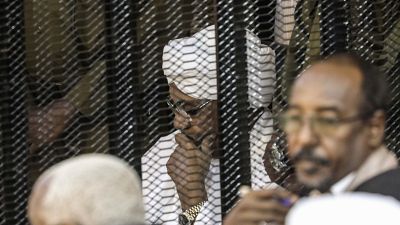

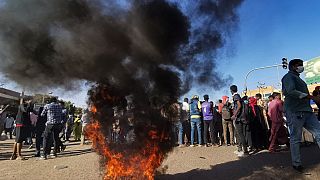
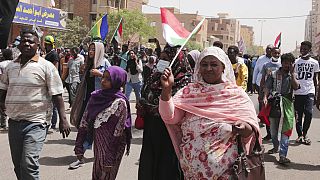
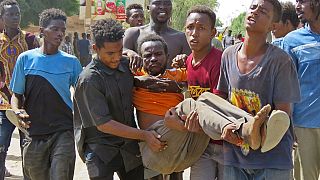

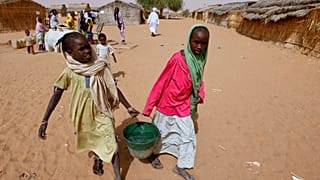


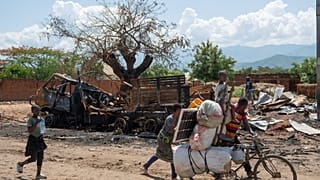

01:12
Senegal: Ousmane Sonko's lawyers request review of defamation trial
01:01
Sudan's transitional leader al-Burhan holds talks with Saudi Crown Prince in Riyadh
01:05
Court ruling looms in high-stakes dispute between PSG and Kylian Mbappé
02:19
Researchers find evidence of youngest-ever children tattooed
00:49
Eritrea announces departure from IGAD regional bloc
01:05
Senegal to suspend all extraditions to France